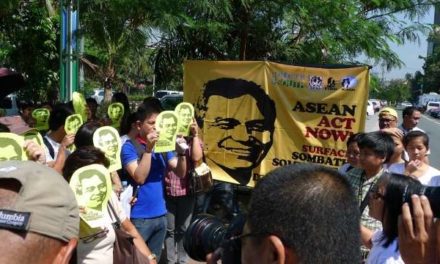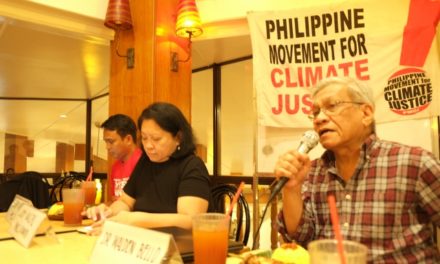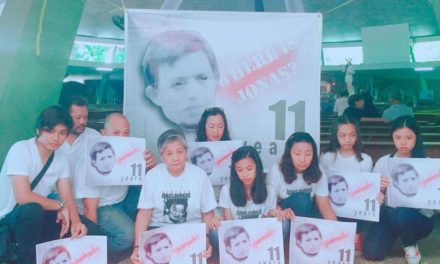Sponsored by Focus on the Global South, Freedom from Debt Coalition, and UP Asian Center
BACKGROUND
Greece’s ‘No’/Oxi vote at a referendum held on July 5 was a definitive and emotional rejection of the bailout conditions demanded by its European creditors and the austerity measure package imposed by the Troika— the World Bank, International Monetary Fund and European Central Bank. With a 61.31 percent of votes for the Syriza government-backed ‘No’ vs 38.69 percent for ‘Yes’, no one in Greece had predicted such a massive victory for the ‘No’ vote. This was democracy in practice and a testament of the people’s struggle against austerity measures and their political and economic disenfranchisement. The landslide victory should have strengthened Syriza’s bargaining power against its creditors and the European Union under Germany’s leadership. But instead, the Greek Parliament has approved a bill instituting tough economic reforms required by its creditors such as tax hikes, spending cuts, pension reforms, and an increase to the retirement age. Defended by Prime Minister Alexis Tsipras, these reforms are part of the third bailout plan worth 85 billion euro. The new bailout deal fomented another round of street protests and sparked widespread anger among Greek citizenry.
This sounds all too familiar. For at the heart of the Greek tragedy is the question of resolving the burgeoning debt crisis. The issue of debt offers an entry point into examining the Philippines’ approach to its own international creditors in the last three decades. The country has been implementing a model debtor strategy, which automatically earmarks budget to debt servicing since post-EDSA. Unfortunately, this has siphoned important public monies away from physical and social infrastructure. It has contributed to the low investment levels, which makes the growth rates of recent years unsustainable. The debt strategy, to a large extent, doomed the Philippines to the second slowest growing economy in Southeast Asia, registering an average annual growth of 1.6 per cent in the period 1990-2005.[1]
As the country prepares for another Presidential election in 2016, it is high time to revisit the country’s debt strategy and economic program. What should be the approach of the Philippines to resolving its own debt problems and dealing with its international creditors? What’s the real score on debt servicing? What can the Philippines learn from the roiling crisis in Greece? What lessons can the Philippine social movement and the Left learn from the Öxi”/No vote, which was recently contradicted by Greek leaders?
The forum aims to bring together economists, academe, activists, NGOs and people’s organizations to unpack and understand the current roiling Greek crisis and draw parallelisms and lessons from/for for the Philippines. The forum will also critically reflect on the economic strategy of the country, in particular looking at its model debtor strategy, and to generate debate on the economic program for the next administration.
[1] Bello, Walden (July 9, 2015), “Greece resists, Philippine submits”. Rappler. http://www.rappler.com/thought-leaders/98581-greece-resists-philippines-submits (Accessed July 10, 2015)
PROGRAM
1:00-2:00 PM Registration
2:00-2:15 Opening Remarks and Overview
2:15-3:15 Panel: Understanding the Greek Financial and Economic Crisis and Lessons from/for the Philippines
Dr. Walden Bello, Focus on the Global South, Dr. Marina Durano, DAWN/UP Asian Center, Dr. Eduardo Tadem, Freedom from Debt Coalition/UP Asian Center
3:15-4:45 Open Forum
4:45-5:00 Synthesis and Closing
Moderator: Joseph Purugganan, Focus on the Global South










